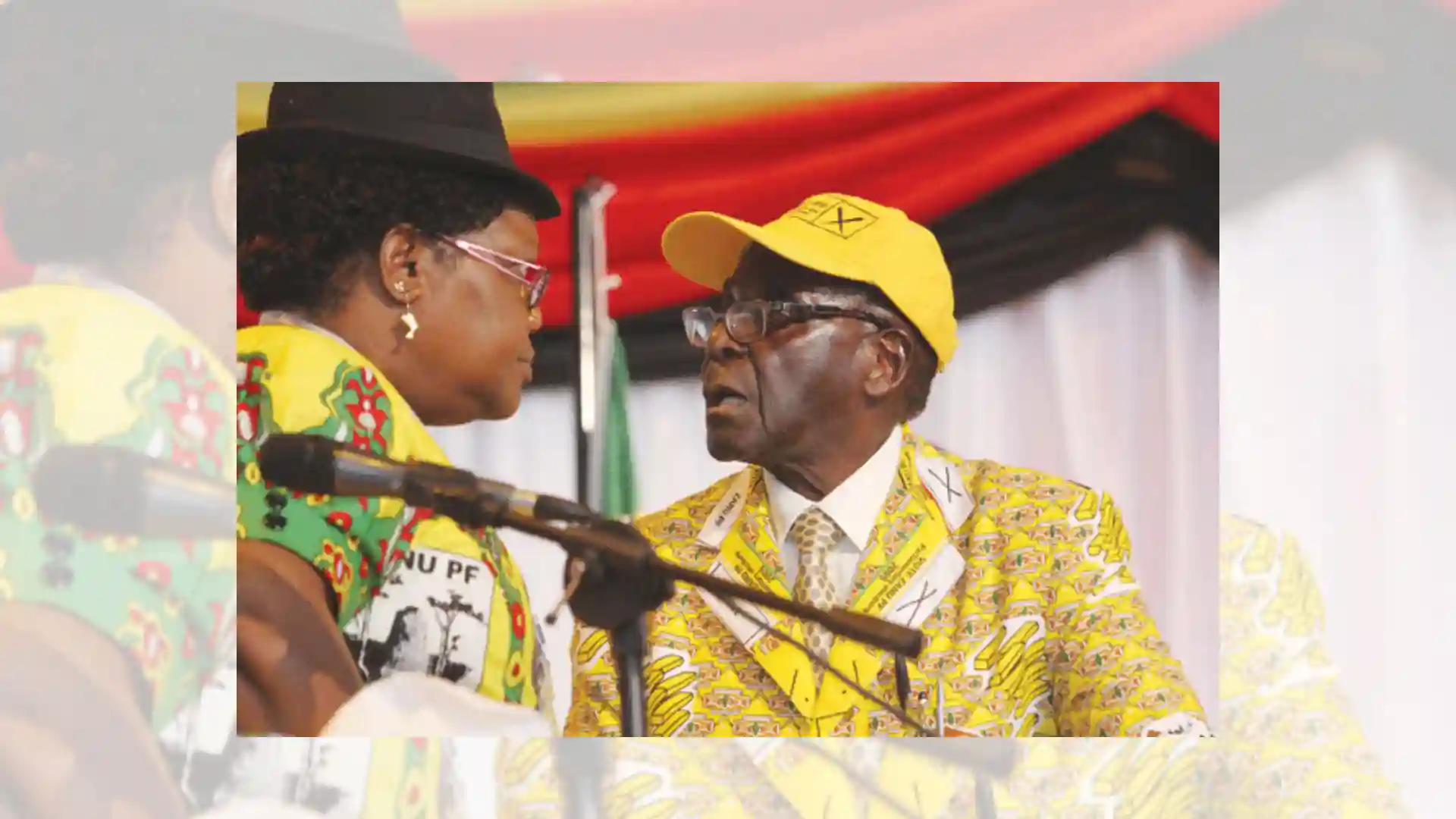Walter Mzembi, the former Tourism Minister of Zimbabwe, has claimed that ZANU PF members were in agreement about the need to remove Zimbabwean former President Robert Mugabe, but differed on the timing of his removal based on their individual and factional interests.
According to Mzembi, party members were divided on the timing of Mugabe’s removal, as different factions and individuals sought to benefit from the situation. Mzembi made these comments on social media, emphasising that there were behind-the-scenes developments within ZANU PF that the public was not aware of. Responding to a ZANU PF member on X, Mzembi said:
Munoti ndimi makatanga nekuda kubvisa (You think you were the first to plot to remove Robert) Mugabe here, there was far much more happening inside than from outside, but interestingly it was a battle of timing and the conspirators. The team in office now was protecting him, they wanted to remove him themselves when it would benefit them only.
Political analysts have long argued that Zimbabwe’s founding leader, Robert Mugabe, intentionally fostered factionalism within his party, ZANU PF, by delaying the announcement of a successor. By doing so, he created a power struggle among party members who believed that aligning themselves with him would increase their chances of assuming power upon his retirement.
One notable manifestation of factionalism was the Tsholotsho Declaration in 2004. This secret meeting was allegedly organised by a faction loyal to Emmerson Mnangagwa, with the objective of elevating him to the vice presidency ahead of Joice Mujuru, following the passing of Simon Muzenda. Although Mnangagwa had the support of six out of ten provinces, Mugabe amended the party’s constitution to ensure that one of the vice presidents had to be a woman. This move resulted in Mujuru being appointed as vice president instead.
In 2008, a new faction led by Simba Makoni emerged within ZANU PF, but his close supporters were afraid to openly back him as President Mugabe strengthened his control over the party and country. Consequently, Makoni decided to run as an independent candidate in the March 2008 Presidential elections representing his own political party called Mavambo/Kusile-Dawn. He managed to secure 8% of the total votes cast.
Factional battles within ZANU PF intensified over time. The Gamatox faction, allegedly led by then Vice President Joice Mujuru, emerged as a major contender. However, in 2014, several members of the faction, including Mujuru, were expelled from the party. This allowed Mnangagwa’s faction, then known as Team Zvipfukuto, to regain power. When Mujuru was fired, Mnangagwa was appointed as Vice President.
Subsequently, the G40 faction, composed of younger members, sought to challenge Mnangagwa’s influence and gain favour with Mugabe. Eventually, Mugabe fired Mnangagwa whose faction had rebranded to Team Lacoste, accusing him of plotting against him. This led to Operation Restore Legacy, a military intervention that resulted in Mugabe’s resignation and the dismantling of the G40 faction. Members of the G40 faction fled the country, fearing retaliation from Mnangagwa’s government.

